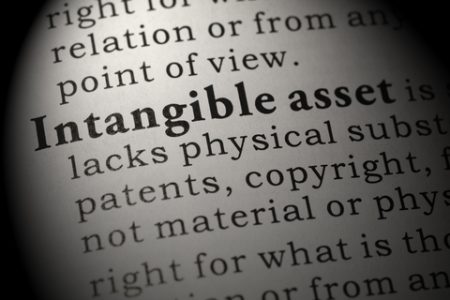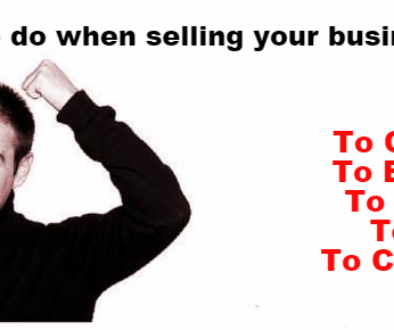How Goodwill Impacts Business Value
Since the biggest part of the purchase price of a profitable small business is goodwill, it is important for a buyer to have knowledge and understanding of just what goodwill is and why there is value in it.
Much of the value of a business is not to be found in its hard assets such as the fixtures and equipment, but in the intangibles that create the income. A simple way to describe goodwill is the difference between the current market value of the tangible assets of the business and the total value of the business.
The following are some examples of what can be categorized as goodwill. This is not a comprehensive list:
- Reputation
- Brand or trade name recognition
- Websites, Domain names
- Trade Secrets, recipes
- Customer list, Exclusive supplier list
- Copyrights, Trademarks, Patents
- Licenses, permits, regulatory approvals
- Contracts
- Accreditations
- Developed Processes
- Proprietary Designs, Proprietary Know-How
- Customized Software Programs
- Step-by-Step Training Systems
- Customized or Proprietary Databases
- Published Articles or Industry Press
Consider the value of a customer list that has generated recurring revenue to a commercial landscaping company for many years. Not only does it allow a prospective buyer to view the business as less risky because revenues can be more realistically predicted, the company continues to build upon that customer list through reputation and word-of-mouth, which are both components of goodwill. You can’t touch reputation or buy word-of-mouth, they are revenue-generating intangible assets (goodwill) that belong to the company.
Imagine buying a restaurant if the business name or secret recipes are not included in the sale. If you had to change the name of the business and aren’t able to use the recipes that made the restaurant a favorite venue for the dining public, would the business continue to generate the same revenue into the future?
Here’s an example that most people might remember from long ago…..the Big Mac Song. Now that’s a secret recipe that was capitalized on back in the day. What about the name? Would the restaurant have the same value if the McDonald’s name was not included? The recipe and the name both generate revenue and are intangible assets that cannot be replaced as could a walk-in cooler or a grill.
Don’t forget the trademark, the golden arches. While traveling, have you ever been hungry and started looking for a place off the highway to eat? Well, those golden arches bring in hungry travelers by the millions and earn big bucks for the business. Those arches are worth more than just the value of the sign on top of the building.
Total value of a business is determined by available cash flow and the risks associated with obtaining it. Yes, the other aspects of the business such as product, service, market, and growth potential matter too. But how buyers judge and ultimately gain perspective of those aspects of the business is how much cash flow it generates.
The very first step in valuing goodwill is to calculate what is usually called the Sellers Discretionary Earnings, or SDE. This can be used as a base number for calculating goodwill. The factor by which this base number is multiplied to determine the total business value depends on how much risk is involved in the continued profitability of the business under new ownership. Lower risk means higher value.
The second step in determining Goodwill is to subtract the market value of the hard, tangible assets from the total business value. Keep in mind that this calculation is mostly based on perspectives, rather than science. Therefore, value will differ based on individual perspective.




